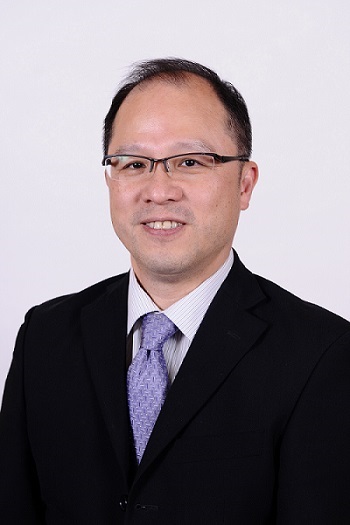|
In view of the COVID-19 crisis, our College has started to arrange CME activities via videoconferencing as one of the contingency measures during this period. I am delighted to report that judging by the enrollment numbers and feedback we have received thus far, they have been highly successful and very much welcomed by our College members. Please stay tuned for more of these to come via the usual College communication channels. The HKCFP Research Committee has conducted an online survey on 31 January 2020 among our doctor members to identify the preparedness of family doctors in providing clinical care during the initial stage of COVID-19 outbreak. Of the 491 (30.9% response rate) family doctors who completed the online survey, 246 (50.1%) doctors worked at public primary clinics, 242 (49.3%) doctors worked in the private sector while 3 (0.6%) worked in both sectors. The vast majority of the surveyed family doctors continued to provide regular primary care services to the public although many (428, 87.2%) reported that their clinical practice had been affected by the COVID-19 outbreak. Six (2.5%) private doctors had to close their practices.
|
 |
The survey found that within 10 days of the first confirmed COVID-19 case in Hong Kong, over 140 patients with suspected COVID-19 presented to 70 participating family doctors, and one patient was confirmed to have the infection. Hence, family doctors are at the very first point of professional contact of COVID-19 patients.
Most doctors responded to the outbreak with heightened infection control practices, but the main concerns were great difficulties in securing personal protective equipment (PPE) supplies, the lack of rapid diagnostic test, training demands on COVID-19, the need to enhance co-ordination of the roles and responsibilities between the public and the private sectors, and more effective public health policy to contain the outbreak. Many requested for setting up of designated clinics to help manage the crisis.
Since 70% of primary care consultations take place in the private sector locally, it would be crucial to involve private family doctors, who are one of the major community stakeholders, in the fight against outbreaks such as COVID-19 as part of the overall health system strategy and emergency response.
The family doctors in the community are willing and ready to help out and play our parts in the combat against COVID-19! Let’s work together to fight against COVID-19!
On a more global perspective, the New England Journal of Medicine recently published an article by Mr. Bill Gates entitled “Responding to Covid-19 – A Once-in-a-Century Pandemic?” (https://www.nejm.org/doi/full/10.1056/NEJMp2003762), discussing solutions for both the current crisis caused by COVID-19 and the long-term strategies to prevent and tackle possible outbreaks in the future. Mr. Gates argued that health systems could easily be overwhelmed by a pathogen like COVID-19, especially the primary health care systems. On the other hand, he went on to reiterate that having trained health care workers in a strong primary health care system could help in immunization, monitoring disease trends and becoming a system beacon to alert the government about potential outbreaks. This, coming from a person with non-clinical background, is surprisingly matching with the clinical perspectives. In fact, having a well prepared and strong primary health care work force with well-trained family doctors would be one of the essential elements to prevent recurrence of potential future pandemic diseases; actually this applies when the community is “in sickness and in health”.
From the Budget speech of 2020-21 announced on 26 February 2020, resources and funding would be earmarked for Government’s health projects including the promotion of primary healthcare services. Additional funding would be provided to support anti-epidemic efforts and enhance medical training in general. Subsidies would be allocated for setting up of interim “District Health Centre (DHC) Express” by non-governmental organisations in 11 districts. However, we are still looking forward to the Government’s actions in allocating more resources to training of family physicians in Hong Kong, which as illustrated above would lead to an even stronger primary health care system to address the ever increasing needs in the community.
Dr. David V K CHAO
President